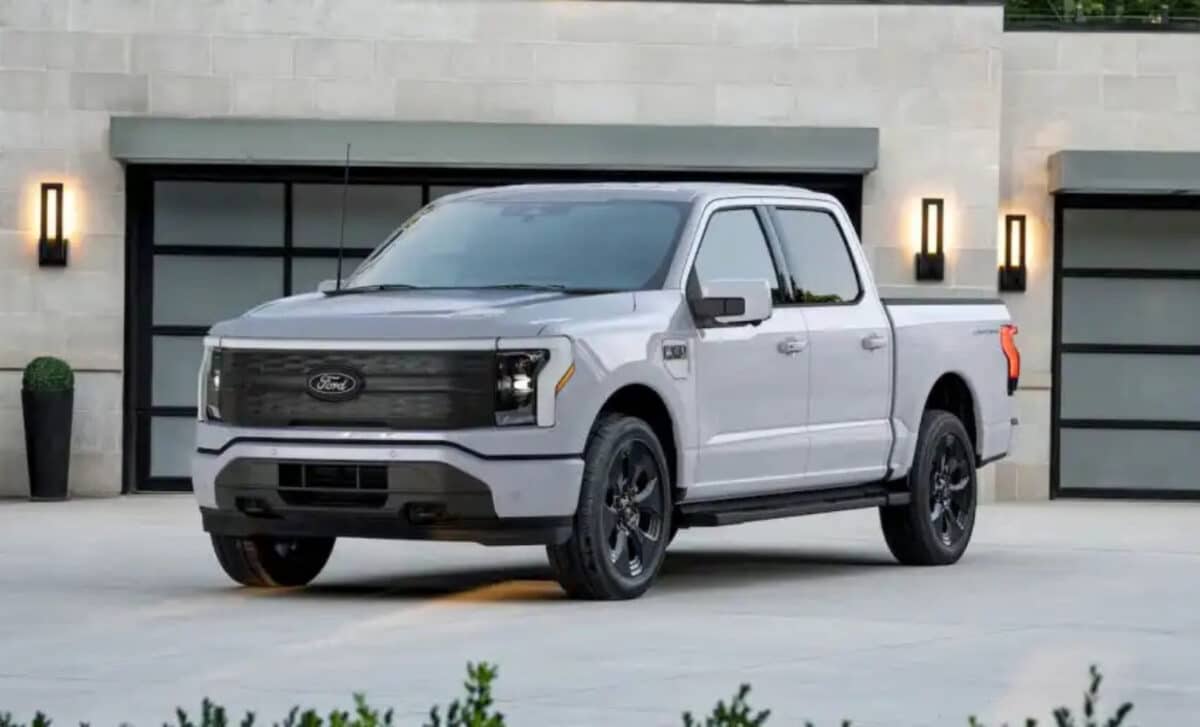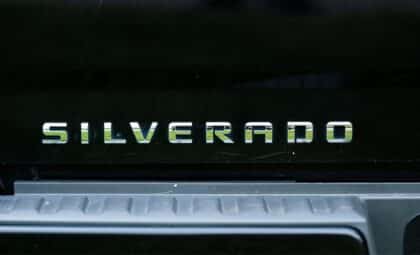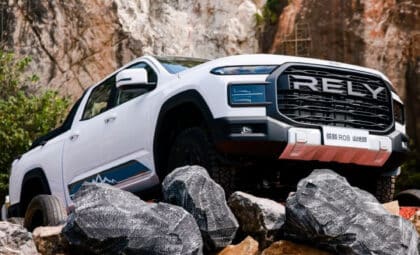The announcement came just one day after GM made a similar move, signaling a shift in how some of the biggest U.S. carmakers are approaching federal incentives. Ford’s decision affects several of its key electric models, including the Mustang Mach-E and F-150 Lightning, and aligns with changing dynamics around EV financing strategies.
Ford’s initial plan was to work around the expiration of the EV lease credit by routing purchases through its financing arm, Ford Credit, allowing it to retain eligibility. Both Ford and GM were preparing similar programs after the official September 30 cutoff, but have now backed away. Ford’s withdrawal, confirmed to Reuters by a company spokesperson on October 10, underscores broader industry uncertainty following increased political scrutiny of EV tax credit programs.
Strategy Shift Follows Gm’s Withdrawal
GM pulled the plug on its own credit extension plan just one day before Ford, setting off a ripple effect in the market. According to Reuters, the move was influenced by pressure from Republican Senator Bernie Moreno, who raised concerns over what he described as a loophole in the system that allowed automakers to indirectly extend the tax credit through leasing programs.
Ford’s decision, mirroring GM’s, indicates automakers are treading carefully. Both companies had been buying vehicles from dealer inventory through their financing units, then leasing them back to customers while applying the $7,500 credit internally.
This workaround would have allowed the benefit to continue for a few more months despite the federal deadline. While GM has offered up to $6,000 in direct lease cash to cushion the impact, Ford has chosen to stick with its existing lease offers, which it describes as “competitive.”
Ford Retains Other Financial Incentives
While the federal tax benefit is off the table, Ford is maintaining several financing incentives through Ford Credit. As stated by the company, these include 0% APR financing for 72 months on select electric models. These deals are part of Ford’s broader strategy to keep its EV lineup appealing in a landscape where affordability remains a key barrier to adoption.
The Mustang Mach-E and F-150 Lightning remain central to this effort. Despite the credit rollback, the company is focused on making monthly payments more accessible to lessees, especially in light of growing competition from rivals like Hyundai and BMW, which continue to offer rebates and tailored EV incentives. Ford’s ability to keep pricing competitive without relying on federal credits may be critical as the market continues to shift.

Wider Industry Response Varies
Ford and GM aren’t the only automakers adjusting their tactics in the wake of the tax credit changes. As reported by Electrek, brands like Hyundai, BMW, and Stellantis are choosing to maintain customer savings by offering their own lease and purchase incentives. These responses highlight different strategies across the industry as manufacturers navigate the evolving federal policy landscape.
As of now, Ford has not signaled any plan to reintroduce the credit or replace it with a comparable cash offer. Instead, it appears focused on managing lease terms internally and leveraging its financing structure to deliver cost-effective options to buyers. The company has not disclosed how long these current lease deals will remain in effect.









